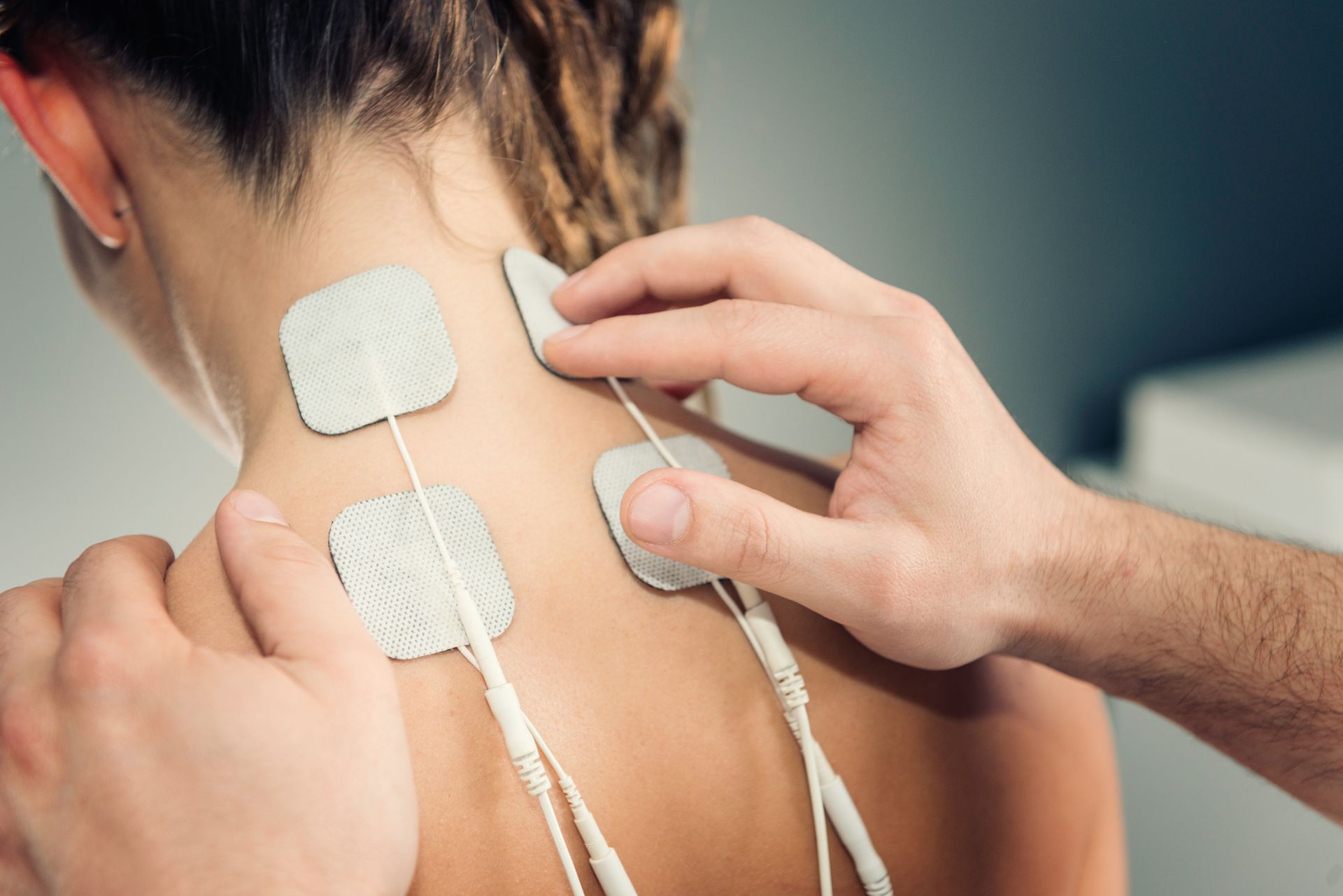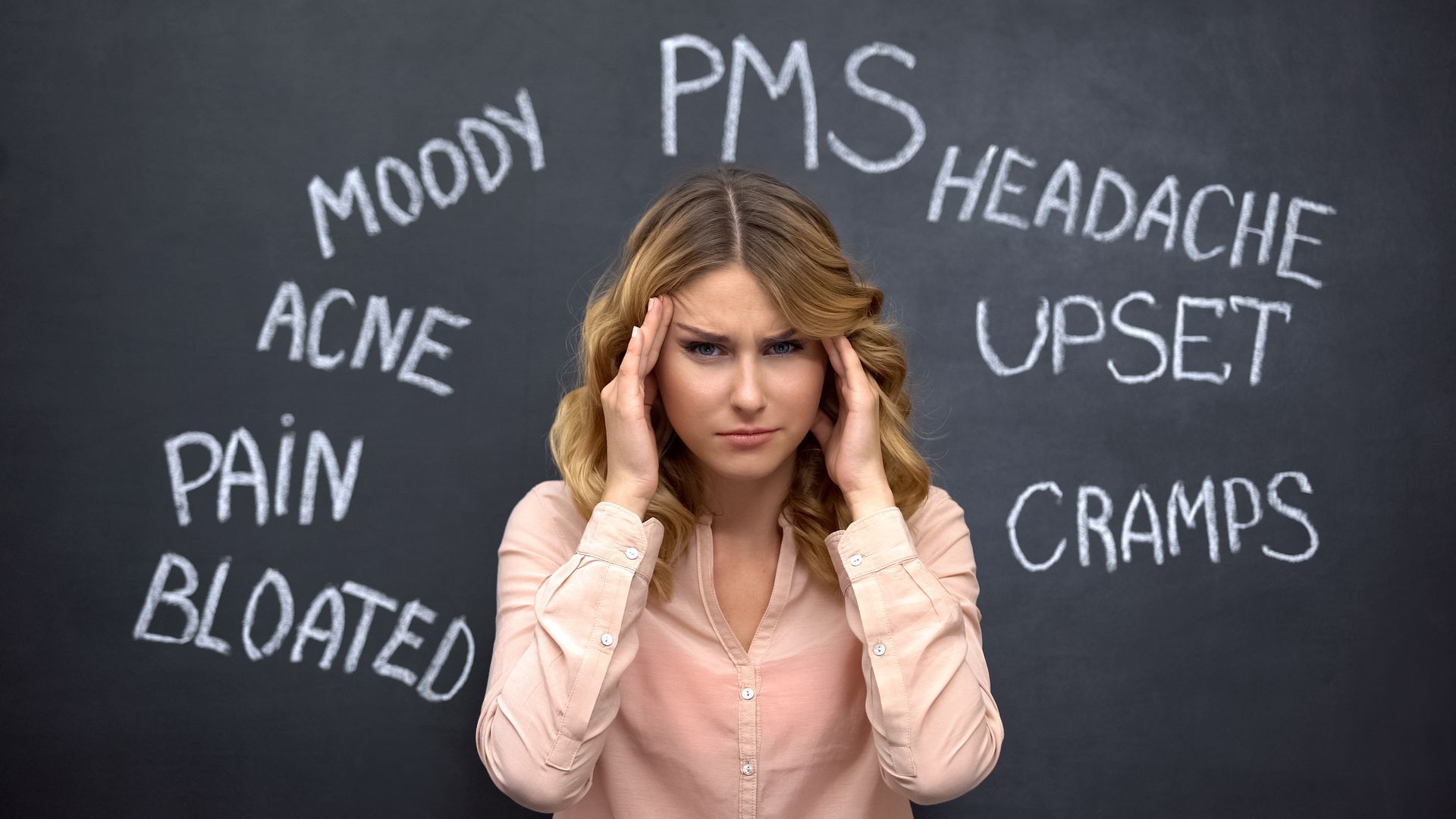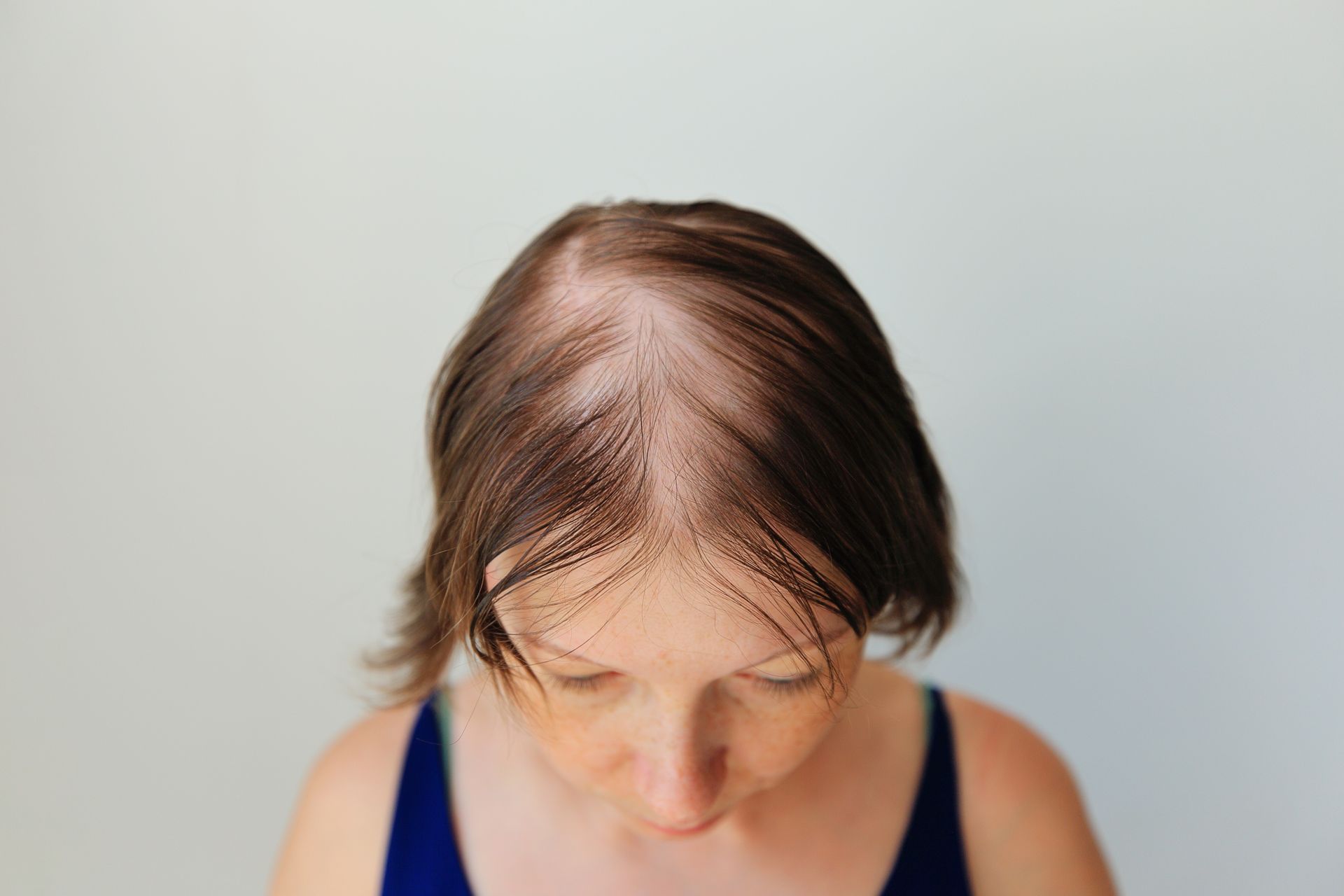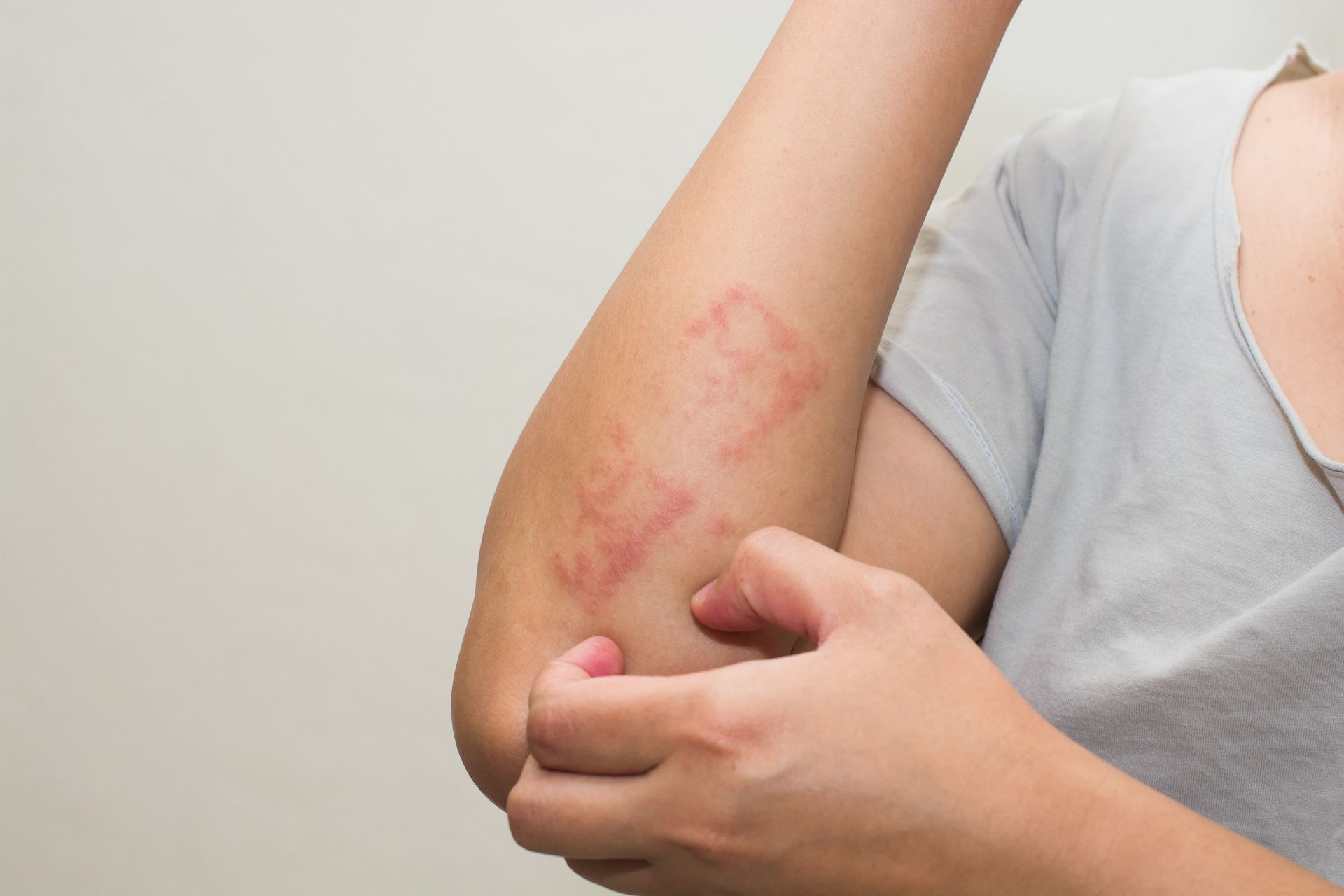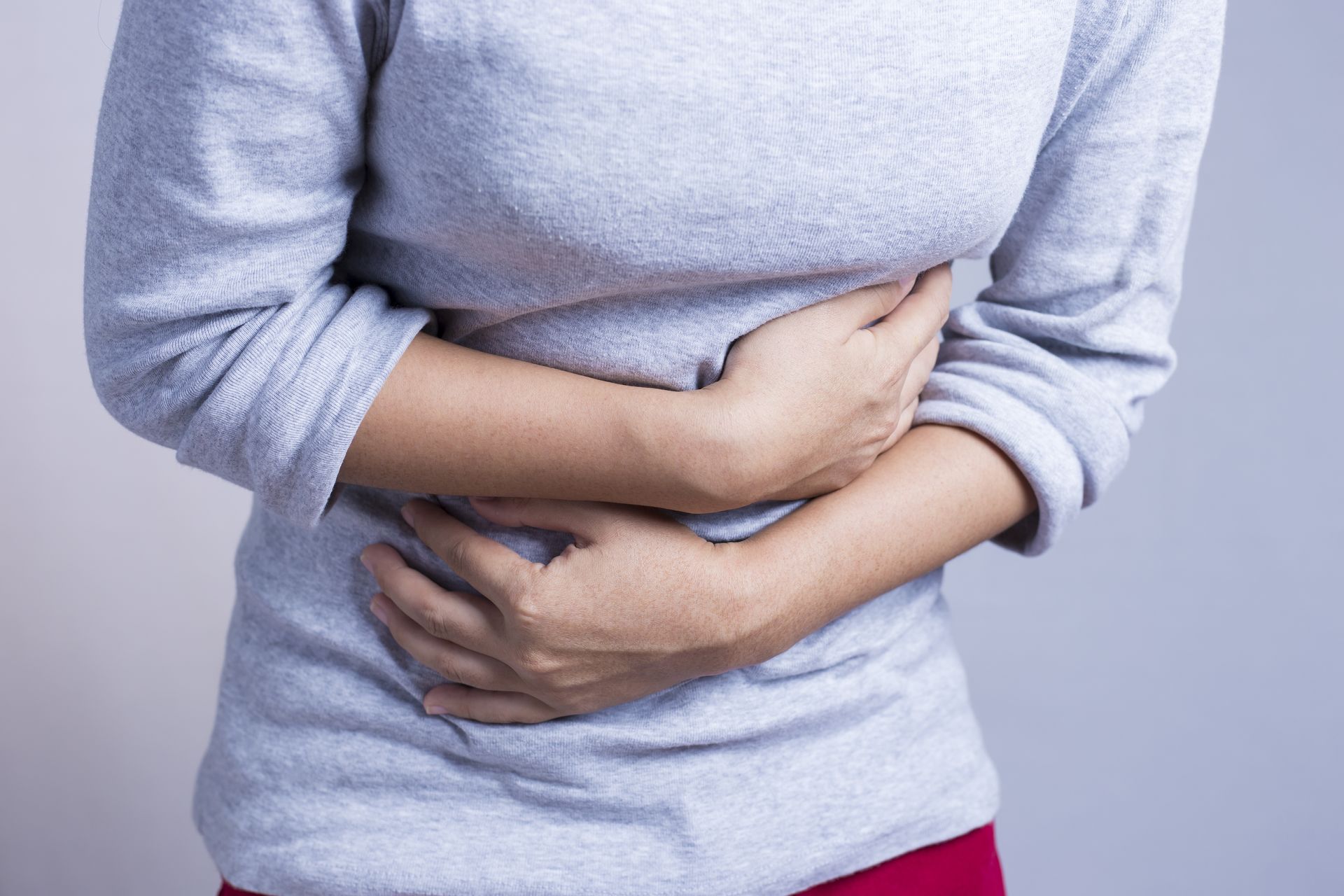The Persistent Shadow: Chronic Pain
Chronic Pain
Chronic pain last months or years and happens in all parts of the body. It interferes with daily life and can lead to depression and anxiety. The first step in treatment is to find and treat the cause. When that isn’t possible, the most effective approach is a combination of medications, therapies and lifestyle changes.
What is Chronic Pain
Chronic pain is pain that lasts for over three months. The pain can be there all the time, or it may come and go. It can happen anywhere in your body. Chronic pain can interfere with your daily activities, such as working, having a social life and taking care of yourself or others. It can lead to depression, anxiety and trouble sleeping, which can make your pain worse. This response creates a cycle that’s difficult to break.
What’s the difference between chronic pain and other pain?
Chronic pain differs from another type of pain called acute pain. Acute pain happens when you get hurt, such as experiencing a simple cut to your skin or a broken bone. It doesn’t last long, and it goes away after your body heals from whatever caused the pain. In contrast, chronic pain continues long after you recover from an injury or illness. Sometimes it even happens for no obvious reason.
Symptoms and Causes
What causes chronic pain?
Sometimes chronic pain has an obvious cause. You may have a long-lasting illness such as arthritis or cancer that can cause ongoing pain. Injuries and diseases can also cause changes to your body that leave you more sensitive to pain. These changes can stay in place even after you’ve healed from the original injury or disease. Something like a sprain, a broken bone or a brief infection can leave you with chronic pain.
Some people also have chronic pain that’s not tied to an injury or physical illness. Healthcare providers call this response psychogenic pain or psychosomatic pain. It’s caused by psychological factors such as stress, anxiety and depression. Many scientists believe this connection comes from low levels of endorphins in the blood. Endorphins are natural chemicals that trigger positive feelings. It’s possible to have several causes of pain overlap. You could have two different diseases, for example. Or you could have something like migraines and psychogenic pain together.
What does chronic pain feel like?
People with chronic pain describe their pain in many different ways, such as:
- Aching.
- Burning.
- Shooting.
- Squeezing.
- Stiffness.
- Stinging.
How is chronic pain diagnosed?
Pain is considered to be chronic if it lasts or comes and goes (recurs) for more than three months. Pain is usually a symptom, so your healthcare provider needs to determine what’s causing your pain, if possible. Pain is subjective — only the person experiencing it can identify and describe it — so it can be difficult for providers to determine the cause.
If you have long-lasting pain, see your healthcare provider. Your provider will want to know:
- Where your pain is.
- How intense it is, on a scale of 0 to 10.
- How often it occurs.
- How much it’s affecting your life and work.
- What makes it worse or better.
- Whether you have a lot of stress or anxiety in your life.
- Whether you’ve had any illnesses or surgeries.
- What tests are used to diagnose chronic pain?
Your healthcare provider may physically examine your body and order tests to look for the cause of the pain. They may have you undergo the following tests:
- Blood tests.
- Electromyography to test muscle activity.
- Imaging tests, such as X-rays and MRI.
- Nerve conduction studies to see if your nerves are reacting properly.
- Reflex and balance tests.
- Spinal fluid tests.
- Urine tests.
How is chronic pain diagnosed?
How is chronic pain treated?
To relieve chronic pain, healthcare providers first try to identify and treat the cause. But sometimes they can’t find the source. If so, they turn to treating, or managing, the pain.
Healthcare providers treat chronic pain in many different ways. The approach depends on many factors, including:
- The type of pain you have.
- The cause of your pain, if known.
- Your age and overall health.
The best treatment plans use a variety of strategies, including medications, lifestyle changes and therapies. If you have chronic pain and depression and/or anxiety, it’s important to seek treatment for your mental health condition(s) as well. Having depression or anxiety can make your chronic pain worse. For example, if you have depression, the fatigue, sleep changes and decreased activity it may cause can make your chronic pain worse.
Can lifestyle changes help with chronic pain?
Four major lifestyle factors can affect your chronic pain and help minimize it. Healthcare providers sometimes call them the four pillars of chronic pain. They include:
- Stress: Stress can play a major role in chronic pain, so it’s important to try to reduce your stress as much as possible. Everyone has different techniques for managing their stress, but some techniques include meditation, mindfulness and deep breathing. Try different options until you find what works best for you.
- Exercise: Participating in low-intensity exercises, such as walking or light swimming, for 30 minutes every day may help reduce your pain. Exercise can also be a stress reliever for some people, which is important to manage when you have chronic pain.
- Diet: It’s important to eat a healthy diet to boost your overall health. Your healthcare provider may suggest trying an anti-inflammatory diet by eliminating foods that cause inflammation, such as red meat and refined carbohydrates.
- Sleep: Getting enough quality sleep is important for your overall health. A lack of sleep can cause you to gain weight, which could make your chronic pain worse. Getting quality sleep is also important for stress management.
Be sure to discuss these four lifestyle pillars with your healthcare provider to determine how each applies to your type of chronic pain and how you can incorporate changes into your day-to-day life.
What alternative treatments are available for chronic pain?
What alternative treatments are available for chronic pain?
- Alternative treatments that have been shown to relieve chronic pain over time include:
- Acupuncture, which uses small needs placed in the body.
- Aromatherapy, which uses aromatic plants and essential oils.
- Biofeedback, which teaches you how to tweak the way your body works, influencing such things as heart rate, breathing and muscle tension.
- Hypnotherapy, or hypnosis.
- Mindfulness training, which teaches you how to calm yourself.
- Music, art or pet therapy.
- Reiki or Healing Touch™, with a therapist using touch to change energy fields in your body.
- Relaxation techniques, such as massage, meditation and guided imagery.
As with all naturopathic treatments plans, our efforts begin with working with the underlying cause(s). We’ll dig into genetics, family history, immune functions, hormonal imbalances, environmental stressors, and nutritional stressors.

CONTACT INFORMATION
Call Us: (225) 478-9665
Email: info@biowellnesscenter.com
Visit Us: 13702 Coursey Blvd, Suite 5B, Baton Rouge, LA 70817
OPENING HOURS
- Mon - Wed
- -
- Thursday
- -
- Friday
- -
- Sat - Sun
- Closed
Bio Wellness Center

